Another year and another July has come round where viewers in the UK have been treated to the sight of some of their compatriots in Northern Ireland marking William of Orange’s triumph over his father-in-law James II, the Catholic Stuart King, on the ‘green grassy slopes of the Boyne’ – as the Orange song goes – in 1690.
Mention Ulster unionism and, to the casual mainland observer, it will conjure up images of stern bowler hatted men in orange collarettes and sashes, the skirl of pipes and flute bands, parading disputes and monumental bonfires of pallets and tyres on loyalist housing estates. Even weeks after the event, the acrid smell of these colossal structures lingers in the air, as much a sensory reminder of the marching season as the Union Flag bunting criss-crossing the streets. It is commonly held that while this is going on, many nationalists slip over the border to Donegal to escape it.
Increasingly, unionism’s proximity to all that goes with Orangeism seems to be more of a hinderance
Orangeism is an essential part of the rhetorical and cultural underpinning of unionism, despite only a minority actually pursuing membership of the Orange Order itself. The slogans which, for many, continue to define unionist politics – the cry of no surrender – stem from 1690. In the heyday of unionist control before the Troubles, the institution of the Orange Order held incredible sway; every Northern Ireland Prime Minister from 1921 to 1969 was an Orangeman and its gatherings were more influential on the direction of policy than the parliament at Stormont.
However, these are changed times. Increasingly, unionism’s proximity to all that goes with Orangeism seems to be more of a hinderance than a help. Many unionists and loyalists, though, will cry foul at such a suggestion.
They will point out that on a practical level, the Orange Order and the events around 12 July provide a social glue which would otherwise be absent in many places, especially through charity and community work. More than that, as many an activist has said, this is about culture. More so, they would argue, it is about the defence of their culture in what some regard as an environment where the orthodoxy is to sneer at displays of unionism while promoting the superiority and inevitability of an imagined ‘New Ireland’.
The marching season has often been a good barometer of unionist angst. It is no surprise therefore that at some bonfires this year, amidst the noise around the Windsor Framework, Irish flags and effigies of the Sinn Fein leader Michelle O’Neill and Irish prime minister Leo Varadkar were thrown on them. Many loyalists who speak on the one hand about their fears for how their culture would be accommodated in the so-called ‘New Ireland’ seem more than happy to give this sort of stuff a free pass on the other.
Often, these are the same voices who bemoan unionism and loyalism’s inability to ‘box clever’ in the battle for hearts and minds. On the fringes of the parades, there is plenty of similar angry spasming; it was not for nothing that a review of events by the Orange Order in Belfast described drunken and anti-social behaviour at last year’s parades in the city as ‘probably the worst for decades’.
While political unionism naturally condemns all this unseemliness, it too has engaged in some silliness of its own in recent days. DUP representatives again raised the spectre of the Drumcree parading dispute, with the party’s MP Carla Lockhart expressing regret that, 25 years on, Orangemen could still not parade their route of choice, notwithstanding that it passes through a largely Catholic area.
Orangeism is reassuring for unionism. But how useful is its proximity really proving? It is a question political unionism has to start asking itself amidst the challenging landscape it faces. Is coming out to bat for and associating with Orangeism a useful exertion of political capital, energy and thought when the unionist cause is struggling to win new voters and suffering from strategic drift?
As ever, there seems to be plenty within unionism who are happy to march round a cul-de-sac of diminishing returns. Its intellectual woes will leave the cause hidebound to Orangeism for a while yet.
Got something to add? Join the discussion and comment below.
Get 10 issues for just $10
Subscribe to The Spectator Australia today for the next 10 magazine issues, plus full online access, for just $10.

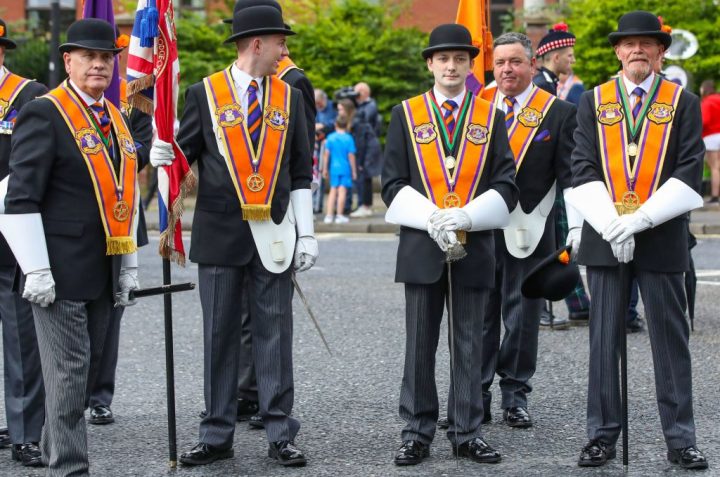

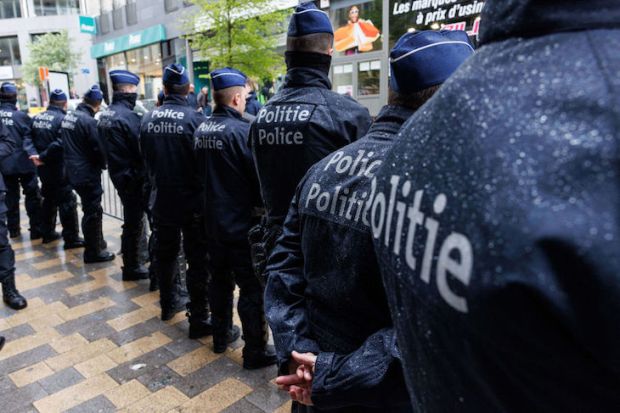
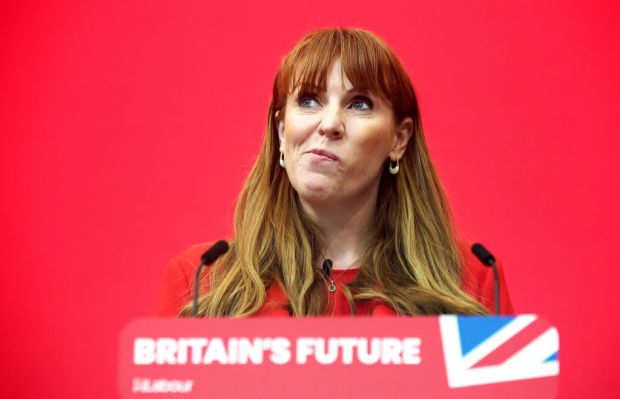
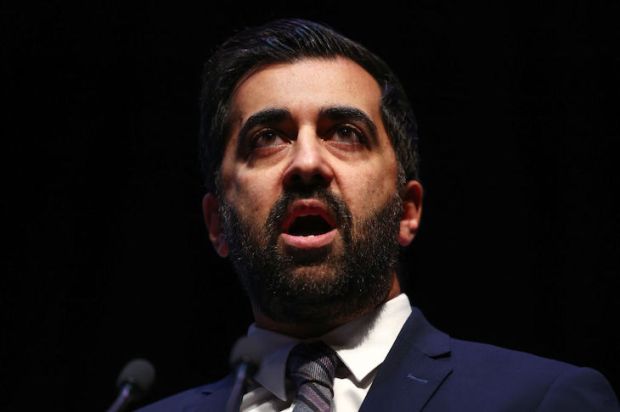

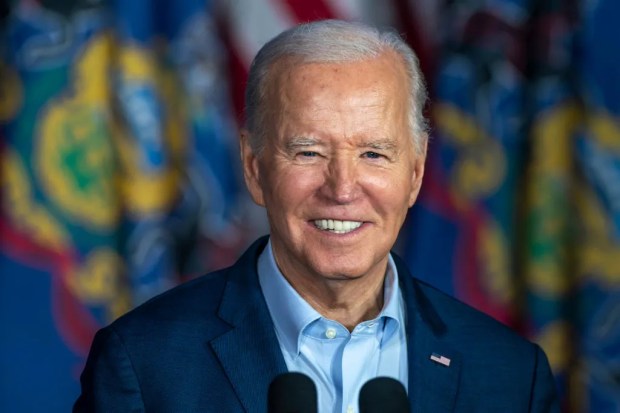












Comments
Don't miss out
Join the conversation with other Spectator Australia readers. Subscribe to leave a comment.
SUBSCRIBEAlready a subscriber? Log in